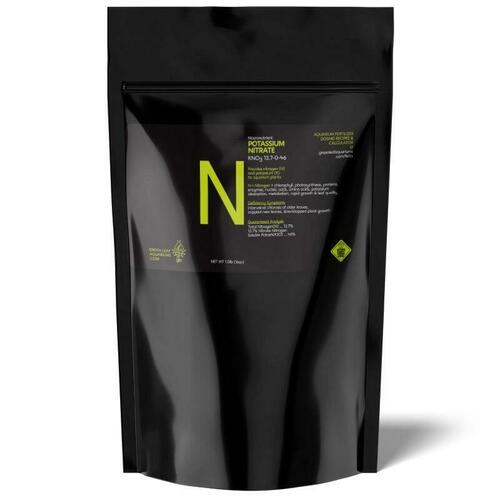I believe they are wrong.Yes I get that, my po4 was around 0.6 before I used rowa to bring it down though.
The crux of my question is this: If I stop using rowa my phosphate will rocket back up, so how is just doing 2ml of the N part of ATI nutrition going to prevent that?
They say you don't need anything else to manage nutrients but according to their online calculator if po4 is above 0.6 and nitrate is lower than 1ppm all you need is the N part. What will stop my phosphates from just going really high again? as that is the trend in my tank.
0.6 is high. It's bound to the rock. It would have to be lower than that in the water column for a very long time to get out of the rock/sand.
How does this happen, gfo, carbon/bacteria uptake to feed coral, refuge/algae scrubber.
#2 would need tank packed with hungry coral and #3 you don't have.
Edit: there is lanthium chloride I didn't mention, but, that is a dangerous route to go down, IMO.

















